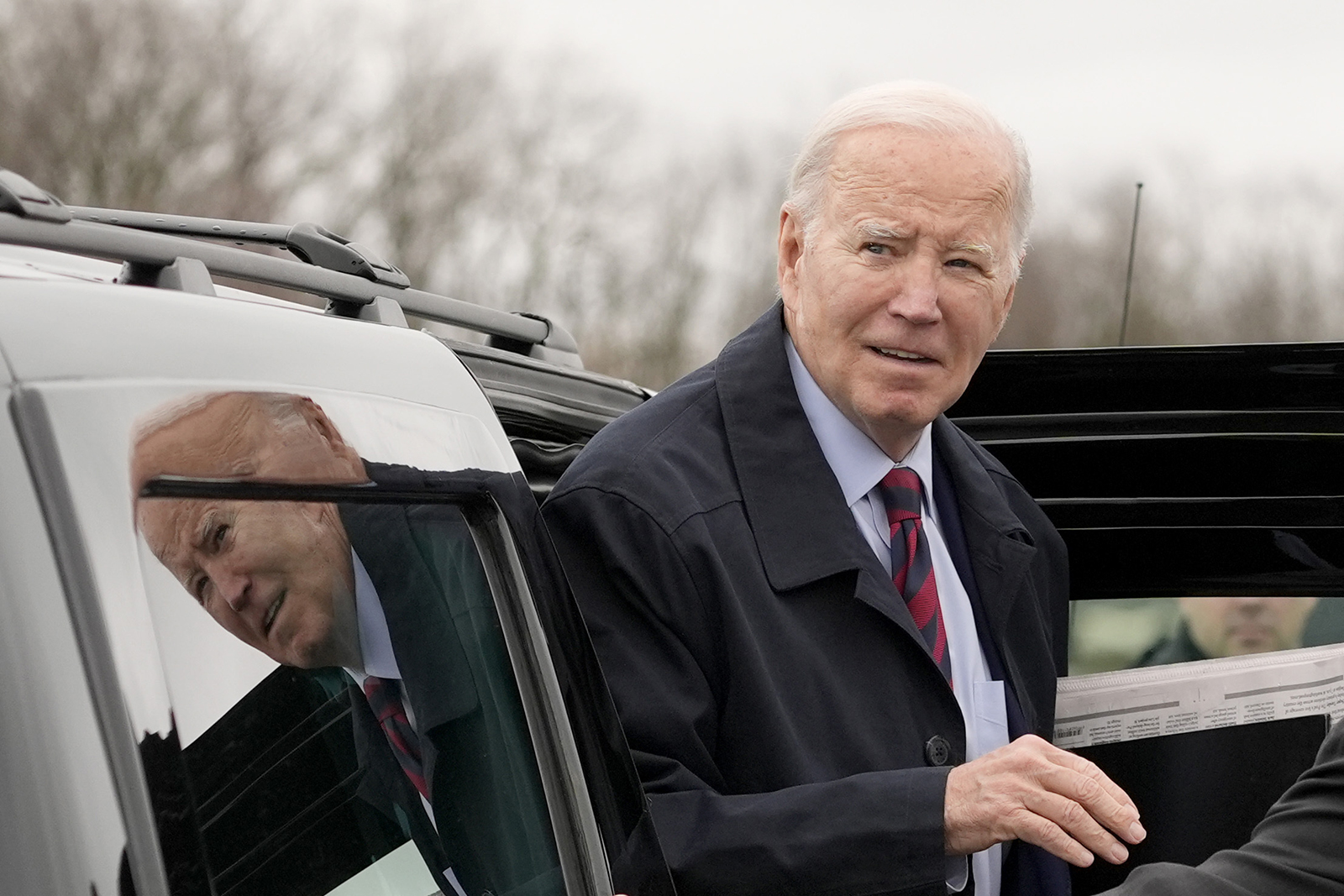(RNS) — Let’s suppose that you, an evangelical Christian, are homeless and show up at a federally funded shelter run by Muslims where daily prayers are offered to Allah. Or that you, a devout Muslim, are homeless and show up at a federally funded shelter run by evangelical Christians where daily prayers are offered in Jesus’ name. Or that you, a homeless LGBTQ atheist, show up at either one?
Should the shelters be required to notify you that they don’t discriminate against people like you? Or let you know that you don’t have to participate in their regular prayers if you don’t want to? Or provide you with information about alternative shelters you may prefer?
After deciding to continue (under a new name) George W. Bush’s faith-based initiative, President Barack Obama ordered a rule-making process that eventually put in place all three requirements. It also required that beneficiaries of indirect federal financial assistance (such as vouchers, certificates or other government-funded means of obtaining services at providers of their choosing) must have at least one adequate secular option.
All of the above gave beneficiaries some assurance that federal funding would not subject them to unwanted religious obligations.
After Donald Trump took over (again changing the name) the initiative, his administration created a new rule that did away with these requirements. The Trump rule also declared that providers receiving indirect federal aid “may require attendance at all activities that are fundamental to the program.”
How hard is it to imagine a faith-based provider that considers religious exercises fundamental to its program?
This week, the Biden administration (having continued the initiative under yet another name) issued a finalized rule of its own that restores the Obama safeguards — up to a point.

President Joe Biden arrives to board Air Force One, March 5, 2024, in Hagerstown, Md. (AP Photo/Alex Brandon)
Thus, instead of telling faith-based providers to give a beneficiary who objects to their religious character alternative places to go, the rule has them refer the beneficiary to the funding agency for that information. While this creates an added step for beneficiaries, it presumably lessens the likelihood that faith-based providers will sue the government, claiming that their religious liberty (or free speech) has been impaired by having to make referrals.
The Biden rule also drops the requirement that recipients of indirect federal financial assistance have secular alternatives. Such alternatives may have been considered too hard to come by under some circumstances.
Be this as it may, Biden’s reinstatement of religious liberty safeguards for beneficiaries seeking help has been embraced by organizations on the left. “We applaud and thank the Biden administration for implementing rules to restore these vital religious freedom protections,” said Heather L. Weaver, senior staff attorney for the ACLU’s Program on Freedom of Religion and Belief, in a statement.
Likewise, Stanley Carlson-Thies, a moderate conservative who shaped the Bush administration’s initiative and served on its founding staff, told Religion News Service he was “glad to see the rights of beneficiaries not to participate in unwanted religion be well protected again.”
The new Biden rules have convinced a group of liberal advocacy groups and faith-based providers to delay their January 2021 lawsuit filed in the Southern District of New York with the aim of overturning the Trump rule.
Jenny Pizer, chief legal officer for Lambda Legal, represents the plaintiffs, who include MAZON: A Jewish Response to Hunger, the Hindu American Foundation and several LGBT and atheist organizations. Pizer said in an interview that while she is “not totally thrilled” with the Biden fix, the important thing is to ensure that people who are afraid of hostile religious environments have some services to turn to.
“It’s a real problem that people who depend on these emergency services are often in dire situations and sometimes looking at extremes of survival,” Pizer said. “Our view is, let’s try this.”

